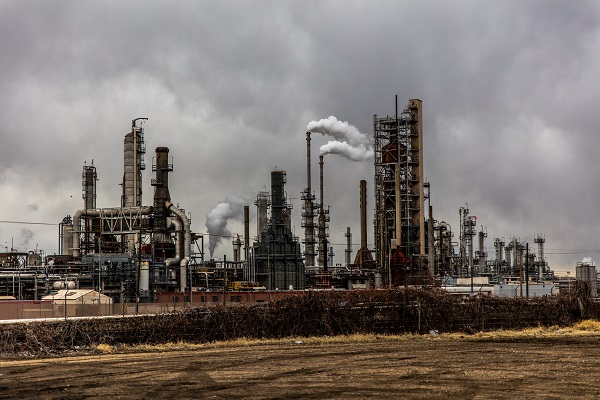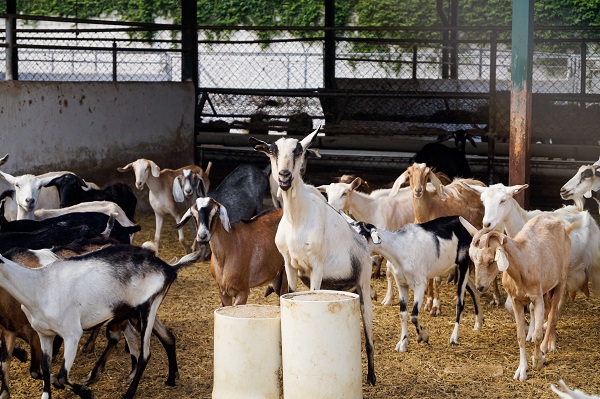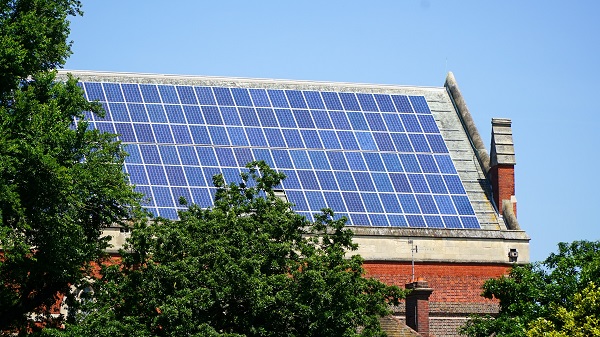Anaerobic Digesters: Transforming Waste into Renewable Energy and Environmental Solutions

Anaerobic digesters, a technology gaining traction in agricultural communities, are revolutionising how organic waste is managed while providing renewable energy and addressing environmental concerns. These innovative systems, often referred to as manure-fuelled power plants, harness the potential of methane gas produced by cows and other livestock, mitigating its harmful effects on the climate. By capturing methane and converting it into heat and electricity, anaerobic digesters offer a sustainable solution that can bring economic and environmental benefits.
Portugal Leads the Way with Over 50% Renewable Electricity, While Other European Nations Smash Records

Portugal achieved a significant milestone by surpassing the halfway mark for solar and wind energy, with renewables accounting for 51% of electricity production in April. The country’s increased solar capacity, electricity imports from Spain, and lower demand reduced fossil fuel generation to just 24%. This accomplishment demonstrates the positive impact of renewable energy in mitigating the effects of droughts and high electricity prices across the European Union. Spain, Finland, and Belgium also broke renewable energy records, showcasing the growing prominence of wind and solar power in these countries.
Land Use Transformation: A Roadmap for Carbon Capture and a Sustainable Future

A new report by Conservation International highlights the importance of changing land use to increase carbon capture and mitigate the climate crisis. The report emphasizes the need to shift from practices that degrade the land to regenerative approaches. It outlines four major steps, including scaling up actions to protect natural carbon storage, transforming food production and consumption, incorporating indigenous knowledge into agriculture, and implementing better forestry management practices. These changes are crucial for our survival and the well-being of future generations, but they may face resistance from those profiting from land degradation. However, embracing this roadmap offers the potential to address issues like hunger and create a sustainable future.
The Montreal Protocol: An Unintended Climate Saviour

The Montreal Protocol, a UN agreement established in 1987 to ban ozone-depleting substances (ODSs), not only protected the ozone layer but also unintentionally helped prevent climate catastrophe. Research shows that ODSs, such as chlorofluorocarbons (CFCs), which were popular in spray cans and refrigeration, contributed to 30% of the global temperature increase from 1955 to 2005. The long lifespan of ODSs allows them to act as greenhouse gases in the lower atmosphere, exacerbating warming, particularly in polar regions. If ODS production had stayed at 1955 levels, the Arctic would be significantly cooler today. The Montreal Protocol inadvertently prevented 1°C of warming by 2050. This unintended benefit highlights the power of collective action and the potential for addressing environmental challenges to yield unexpected positive outcomes.
Goat Firefighters: The Ecological Solution to Battling Wildfires in Chile

In central Chile, goats are being trained and deployed as firefighters to combat deadly wildfires. By eating vegetation and reducing fuel for the flames, these goats contribute to fire prevention in an ecological manner, eliminating the need for herbicides. The goats also enrich the soil with their droppings and prevent erosion. The project, known as Buena Cabra (“Good Goat”), was launched in 2017 and has since grown from 16 to 150 goats. While goat herds are only effective on a small scale, they offer localized fire prevention and serve as an educational tool to raise awareness about fire prevention.
Solar Panels Bring Respite Amidst Lebanon’s Electricity Crisis

Lebanon’s chronic electricity shortage, worsened by an economic collapse and political mismanagement, has prompted a significant shift towards rooftop solar panels. The installation of solar panels and batteries has provided households and businesses with clean and reliable electricity, offering respite from blackouts and skyrocketing electricity bills. The rise of solar energy in Lebanon showcases its potential as an alternative energy source in times of crisis, although challenges remain regarding regulatory frameworks and ensuring equitable access to electricity.



